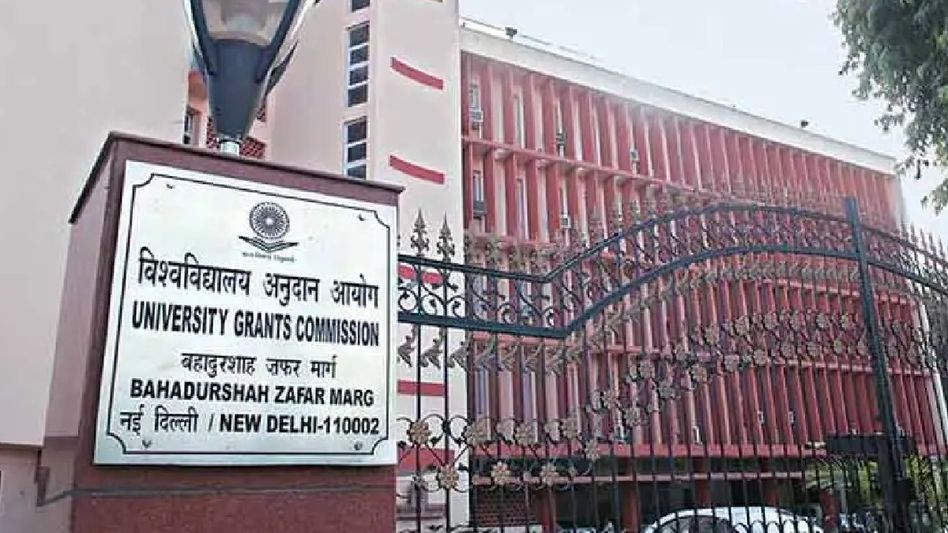UGC introduces biannual admissions from 2024-25 to enhance flexibility in higher education
In a landmark move to increase flexibility and accessibility in higher education, the University Grants Commission (UGC) has announced that colleges in India will be permitted to admit students twice a year starting from the 2024-25 academic session.

In a landmark move to increase flexibility and accessibility in higher education, the University Grants Commission (UGC) has announced that colleges in India will be permitted to admit students twice a year starting from the 2024-25 academic session. This policy change allows Higher Education Institutions (HEIs) to offer admissions during either January-February or July-August, in addition to the traditional single annual intake.
The new policy is applicable to colleges offering programs in both online and physical modes. While adopting biannual admissions is not mandatory, it provides institutions the opportunity to expand student intake and introduce new programs in emerging fields. To facilitate this change, institutions must amend their existing admission rules as required by the UGC.
Historically, the UGC had approved biannual admissions for Open and Distance Learning (ODL) and online programs. This led to a significant rise in enrollments, with 19,73,056 students enrolling in July 2022 and an additional 4,28,854 students in January 2023. The two-cycle admissions system enabled nearly half a million students to join their desired degree programs without the need to wait an entire academic year.
UGC Chairman M. Jagadesh Kumar emphasized the benefits of this decision, stating, "If Indian universities can offer admission twice a year, it will benefit many students, such as those who missed admission in the July-August session due to a delay in the announcement of board results, health issues, or personal reasons. Biannual university admissions will also keep students motivated since they do not have to wait a full year to be admitted if they miss admission in the current cycle."
Mr. Kumar also highlighted the advantages for industries, noting that "With biannual admissions in place, industries can also conduct campus recruitment twice a year, improving employment opportunities for graduates. Biannual admissions will also enable HEIs to plan their resource distribution—such as faculty, labs, classrooms, and support services—more efficiently, resulting in better operational flow within the university."
Presently, higher education institutions in India admit students once a year, with the academic session beginning in July-August and concluding in May-June. The introduction of biannual admissions represents a significant shift aimed at accommodating more students and enhancing the operational efficiency of HEIs nationwide.
This strategic change underscores the UGC's commitment to fostering a more adaptable and student-centered higher education system in India, positioning it to better meet the evolving needs of both students and industries.
Copyright©2024 Living Media India Limited. For reprint rights: Syndications Today









